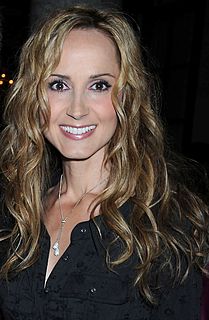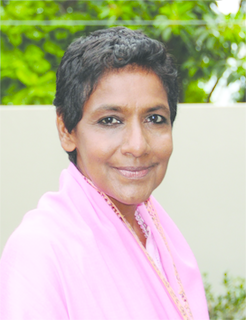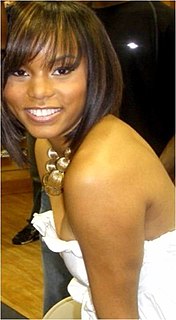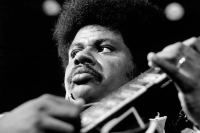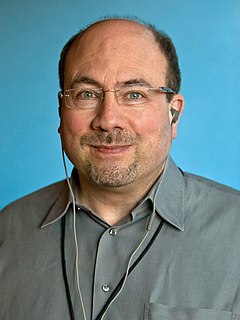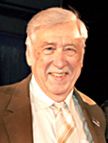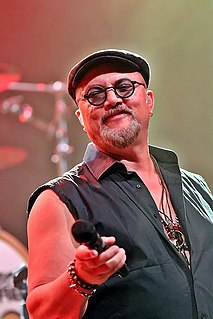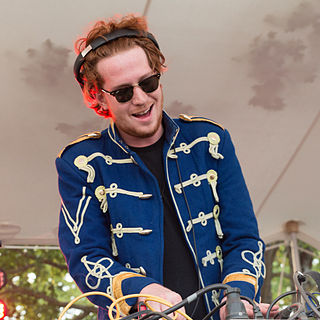A Quote by Chely Wright
I'm very much a traditionalist, but I think it's important to know about tradition so that you can evolve the music you are deciding to make.
Related Quotes
A traditionalist can sometimes be looked at as someone who is a fundamentalist, or they can be looked at as someone with a very strict set of understandings of human nature. But a traditionalist in the Vedic tradition, is one who is open-hearted, who does not judge, there's nothing to judge whatsoever, who understands the basic understanding and karma of all of it, and who basically helps when help is called for.
I think music for me, it's part of my life. I like music. I think I'm very emotional, so, you know, I just try to take all the emotion, you know, that music bring it to me, you know, some make - I mean, help me to calm down some, for sure motivate me more. You know, there's always music. I think just make me smooth before the match, you know.
I believe in knowing all you can about the music and the people who made the music. I think it's much more important to know some good Miles Davis stories than to know how to play like Miles. I think you'll play better if you know some of the funny things he did than if you know the licks that he played.
I know that people don't listen to music much in the way when they'll put on a CD, sit down, have a drink or go on a car journey. People pick and choose and just listen to tracks. But when I make a record, I try to think about it as a 50 minute musical journey, so the mood is very important, as is the sequence of the songs.
I know that Arnold Toynby, the great historian, said he had always hoped the religions of the world would evolve until they began to bring the very best of each tradition into one tradition. He hoped that Christianity would be the one religion that finally incorporated the values of Hinduism and Buddhism, and enriched itself with them.
Writing a book about [Buckminster Fuller] in the sense of deciding how much to - how much biographically to gloss over and how much I can leave out is relatively easy as it is because the true believers already know everything. They know a lot of things that are not true and they know a lot of things that I thought were (and seems there's very good evidence not to believe) and therefore, my starting point was I think to tell his myth because that's what grabbed me.
I need to make an okay living. The people who work for us need to. But after you make a comfortable living, how much more do you need? It's like I make a joke about nerd values, because I'm very much in the rich nerd tradition. And you know, we say, like, hey, people pay us for this stuff, like programming. You know, what else do we need?
I think live music is really, really important. And I think it's very important to do together. It's much more fun to play to music together than the one person listening to their lone iPod Shuffle. I think it's an amazing way to build community and have children do things that are funded that's not a videogame.
